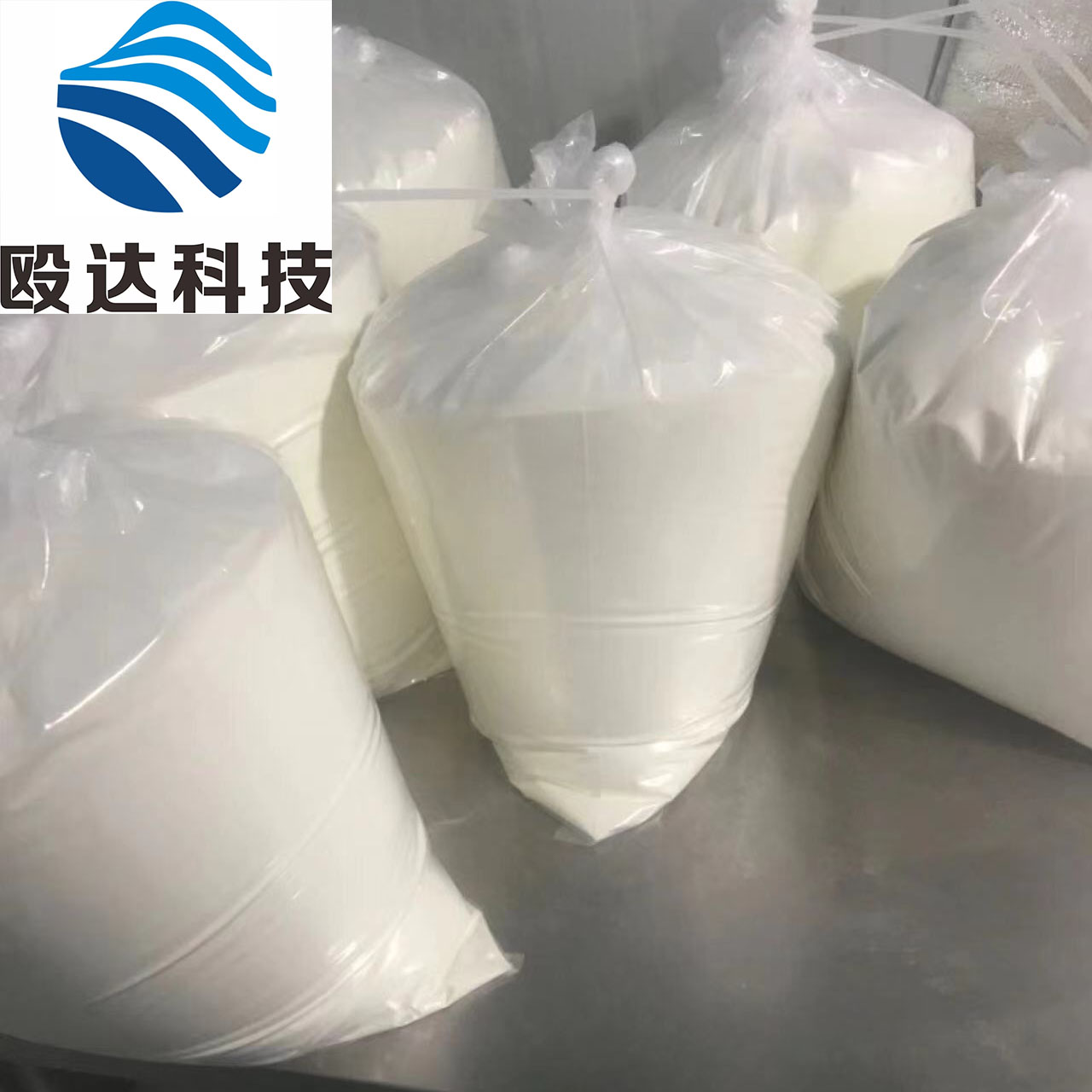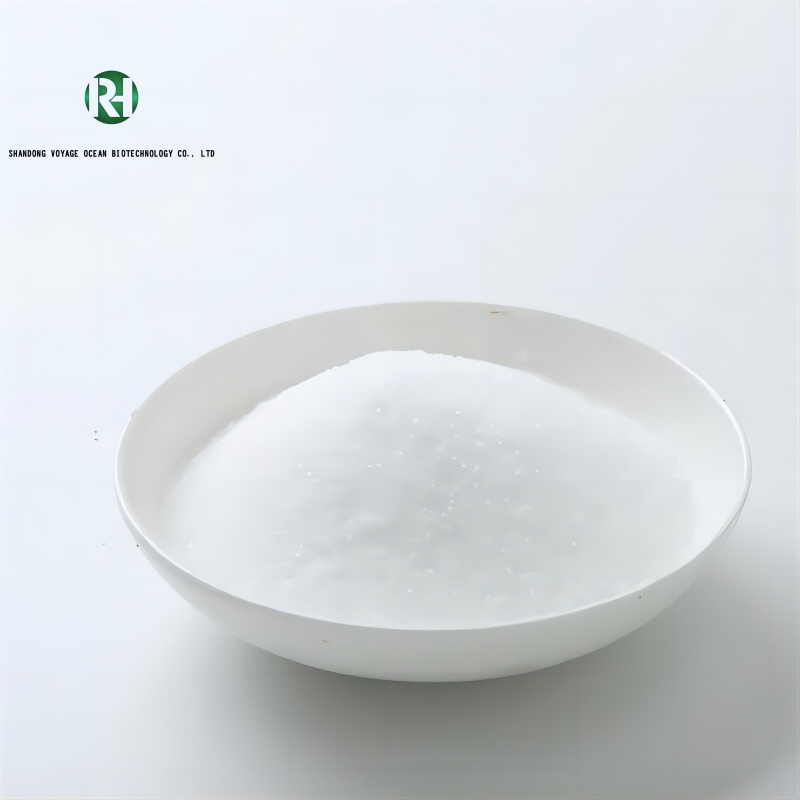How to resist the patent war
-
Last Update: 2014-06-05
-
Source: Internet
-
Author: User
Search more information of high quality chemicals, good prices and reliable suppliers, visit
www.echemi.com
Source: report of intellectual property rights 2014-06-05 antibody drug is a kind of biotechnological drug that has attracted much attention in recent years It has great economic and social value and has achieved good results in the diagnosis and treatment of tumors, autoimmune diseases, cardiovascular diseases and infectious diseases In 2012, antibody drugs accounted for half of the top 10 drugs in global sales, and the growth momentum of market sales remained unchanged Countries all over the world have invested heavily in the development of this "gold mine" Global pharmaceutical giants, such as Roche, Abbott, Pfizer and so on, are willing to invest heavily in the development of antibody drugs At present, large foreign companies occupy a monopoly position in the antibody drug market and have absolute technical advantages Through careful patent layout, they form patent barriers, restrict competitors and create barriers for new enterprises to enter the industry In comparison, China's innovation ability in the field of antibody drugs is relatively weak, and the number of independent R & D varieties is small There is still a large gap between the antibody drugs that can really pass clinical trials and be applied in clinical practice and the developed countries and regions such as Europe and the United States Due to the huge consumption potential, the Chinese market is one of the key markets for pharmaceutical enterprises In this paper, the author makes statistics and brief analysis on the patent application of antibody drugs in China As of April 10, 2013, relevant patent information of all patent applications is from China patent document retrieval system of State Intellectual Property Office From 1985 to 2013, the number of foreign patent applications was superior There were 9202 Chinese patent applications in the field of antibody drugs, of which 3593 were submitted by domestic applicants, accounting for 39.05% of the total number of Chinese patent applications There were 5609 foreign patent applications in China, accounting for 60.95% of the total number of Chinese patent applications 1195 domestic patent applications were authorized, of which 989 were in effective status; 1360 overseas patent applications were authorized, of which 1078 were in effective status From 1993 to 2012, the total number of Chinese patent applications in the field of antibody drugs showed an upward trend, and the number of domestic patent applications and foreign patent applications in China increased year by year Before 1998, the number of domestic patent applications was less than 50, reaching 104 in 1999, and then maintained a steady growth trend In 2010, the number of patent applications reached 412 In 1995, the number of foreign patent applications in China has exceeded 100 In terms of patent authorization, the total number of patent authorization in China before 2007 has been increasing year by year, and the number of foreign patent applications in China over the years is higher than that of domestic patent applications It is not difficult to see from the above that the research of antibody drugs in China started late, and the overall level is far behind that of developed countries; domestic applicants have insufficient experience in patent application, and the writing quality of patent application documents is low, and even relevant contents have been published before the patent application is submitted, leading to the rejection of some patent applications with licensing prospects, which are all made by us The reason for the low amount of patent application authorization in China According to the patent law of China, the protection period of invention patent is 20 years, so the patent application submitted after 1993 is still in the protection period Since 1993, in the field of antibody drugs, the efficiency of foreign patent applications in China and domestic patent applications has gradually increased, and the efficiency of foreign patent applications in China is higher than that of domestic applications as a whole It can be seen from the ranking of domestic and foreign Chinese applicants in the field of antibody drugs that among the domestic applicants, Chinese Academy of Sciences, Fudan University, Academy of Military Medical Sciences, Zhejiang University and Chinese Academy of Medical Sciences rank the top five Among the top ten domestic applicants, only CITIC Guojian is an enterprise, ranking the eighth The rest are universities or scientific research institutions In contrast to domestic applicants, the top ten foreign applicants are all business entities of patent implementation and production practice, such as Genentech, Hoffman Laroche, Novartis, Schering plough, Wyeth, etc., all of which are well-known biotechnology and pharmaceutical companies Their R & D, application and marketing capabilities are among the best in the international market From the above analysis, it can be seen that the main force of domestic applicants are universities and scientific research institutions, reflecting that the degree of marketization of scientific research achievements in this field needs to be improved In addition, the innovation ability and patent protection ability of foreign enterprises as well as the industrialization and marketization ability of biomedical technology patents are obviously stronger than that of domestic enterprises For example, Roche has carried out a thorough patent layout in China, which attaches great importance to the Chinese market, so Chinese antibody drug enterprises should pay attention to it The main areas of patent layout is rigorous because of the incidence rate and pathogenesis of various diseases are different The development of corresponding antibody drugs is also different In patent, the number of applications is different Through the analysis of the distribution of patent applications for antibody drugs in different disease types in recent years, we can find the hot spots of research and development of antibody drugs for each applicant, and even predict the future direction of research and development, so as to provide reference for relevant enterprises and scientific research institutions to formulate research and development strategies Since the same antibody drug patent application may involve multiple indications, the sum of patent applications of each indication branch is greater than the total amount of antibody drug applications According to the patent search, the number of applications for anti-tumor antibody drugs is the highest, 4308; the number of applications for anti infective and anti allergic antibody drugs is 3427 and 3206 respectively, ranking the second and third; the number of applications for anti-tumor drugs is 2618, ranking the fourth In the fifth place, there are 473 patent applications for antibody drugs for the treatment of nervous system diseases This reflects the overlap of the research focus of antibody drugs with traditional chemical drugs, and focuses on the diseases with increasing annual incidence rate These diseases are characterized by in-depth research in molecular biology, clear targets and selective targets Through statistical analysis of the indications of patent applications of the main applicants in the field of antibody drugs, it is found that there are many kinds of indications for domestic applications, but the number of patent applications for each indication is small The reason for this may be that the main domestic applicants are mainly universities and scientific research institutions, and their R & D teams have few funds, small scale, and are independent, so it is difficult to unify the R & D direction; Chinese enterprises have not yet formed scale, and the market orientation is not clear On the contrary, the foreign applicants are mainly enterprises, which have clear R & D direction and patent layout Therefore, the types of indications involved in the patent application of antibody drugs in foreign enterprises are relatively concentrated The distribution of patent applications for different indications of foreign main applicants in China is basically the same as that of Chinese patent applications in the field of antibody drugs The above five indications are also the main research directions of foreign main applicants in China, among which the proportion of patent applications for anti-tumor drugs is relatively high, while that for blood or extracellular fluid diseases and nervous system diseases is relatively low The difference is that the main foreign applicants to China mainly focus on the application for nervous system diseases, while the application for blood or extracellular fluid diseases is significantly low In a word, the main foreign applicants in China will generally carry out a comprehensive patent layout for various main indications Based on their own market positioning and different R & D capabilities, they will focus on the R & D investment for various indications, which are worth learning and learning for domestic applicants The broad market prospect of antibody drugs, the specificity and effectiveness of clinical application, as well as the policy inclination and support given by China in major new drug development projects and other aspects, make many domestic research institutes and pharmaceutical companies have joined the ranks of antibody drug research and development After 20 Over the years of exploration, China has made major breakthroughs in the development of new structural antibodies, the large-scale preparation technology of antibody drugs and the innovation of antibody drugs Some antibody drug products have independent intellectual property rights However, China is relatively weak in the original innovation, and there are few varieties of self-developed drugs The antibody drugs that can really pass clinical tests and be applied in clinic are the same as those in Europe and America Compared with other developed countries and regions, there is still a large gap In the future, the development opportunities and challenges of antibody drug industry coexist, and domestic pharmaceutical enterprises still have a long way to go to catch up with international pharmaceutical giants.
This article is an English version of an article which is originally in the Chinese language on echemi.com and is provided for information purposes only.
This website makes no representation or warranty of any kind, either expressed or implied, as to the accuracy, completeness ownership or reliability of
the article or any translations thereof. If you have any concerns or complaints relating to the article, please send an email, providing a detailed
description of the concern or complaint, to
service@echemi.com. A staff member will contact you within 5 working days. Once verified, infringing content
will be removed immediately.







